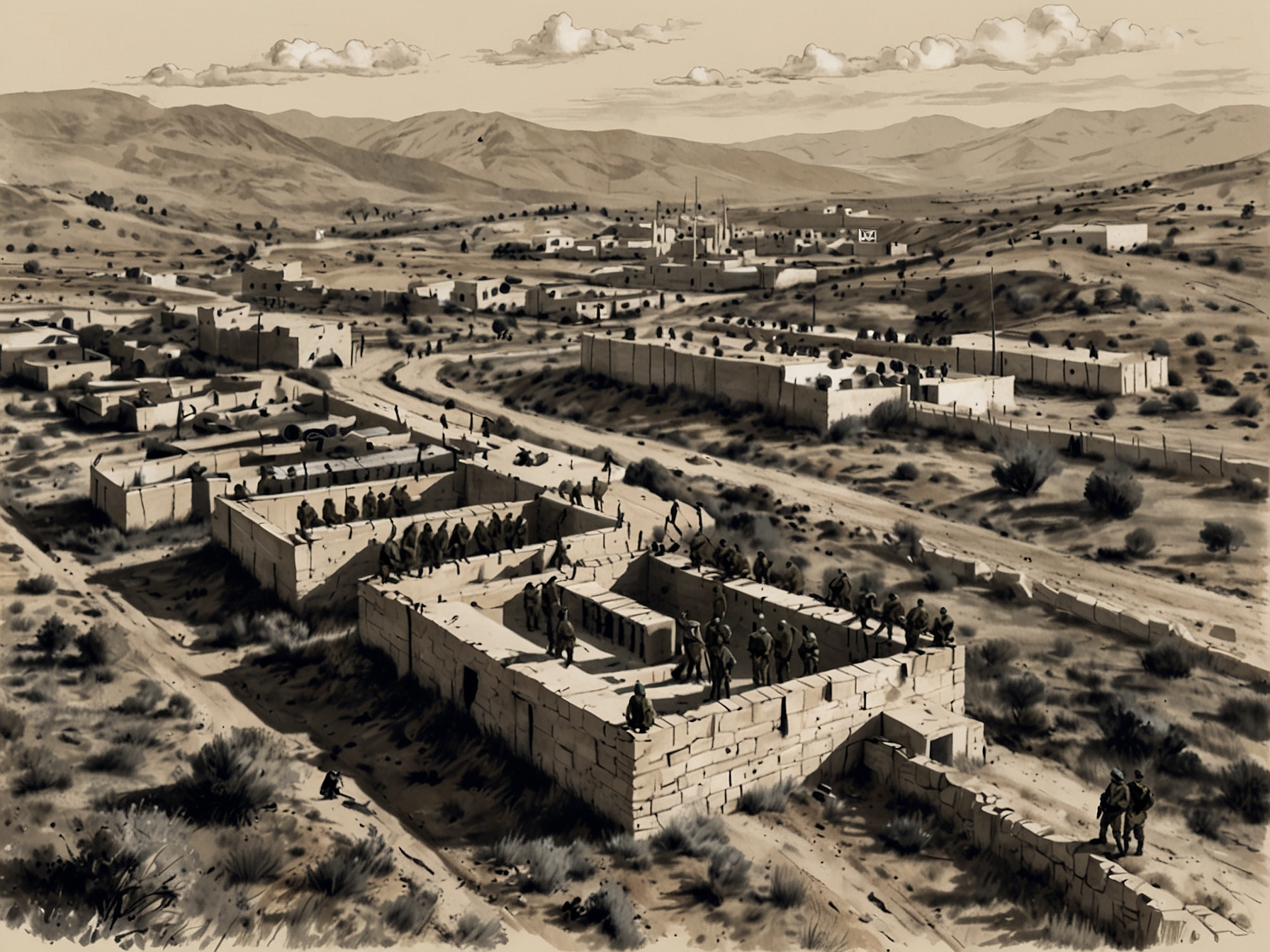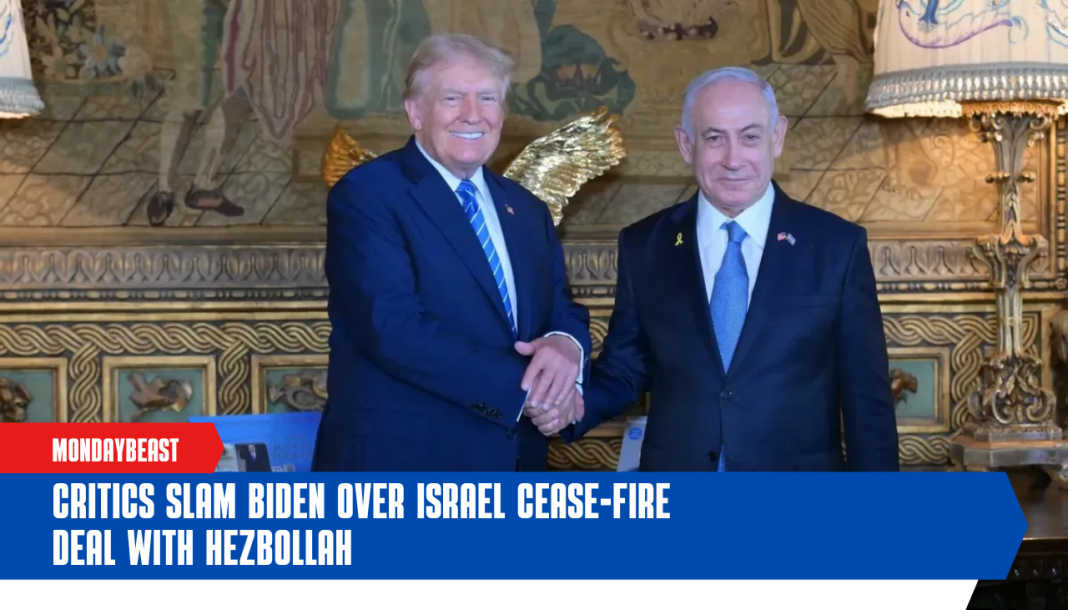Amid rising tensions, Israel announced a cease-fire with Hezbollah. Critics claim President Biden coerced Israel into this decision. This claim has sparked a political firestorm, with implications for U.S. foreign policy.
Senator Ted Cruz voiced his deep concern. He alleges that Obama-Biden officials pressured Israel under the threat of an arms embargo. This would mean restricting Israel’s ability to defend itself, raising alarms within the Republican Party.

The Israel Defense Forces achieved significant military advancements. They pushed Hezbollah forces northward, dismantling critical infrastructure. This progress, however, was reportedly halted by Biden’s intervention.
Regional experts draw attention to Obama-era policies. Critics suggest that the Biden administration is merely extending these approaches. The pressure on Israel now seems to align with this older framework.
Tony Badran, an analyst, underscores the tactical gains made by Israel. Despite the cease-fire deal, Israel’s military success was significant. Thousands of Hezbollah fighters were neutralized along with their military capabilities.

But what impact will this have moving forward? Incoming Trump officials find themselves tangled in this situation. It may create friction between the new administration and Israel.
Amos Hochstein, the envoy behind the deal, has reached out to incoming officials. He emphasized the importance of understanding the cease-fire’s terms. How will Trump’s team respond to this agreement, and what will it mean for future U.S.-Israeli relations?
Public opinion in Israel remains divisive. While some residents welcome the cease-fire, others are skeptical. Many fear it does not ensure long-term safety against Hezbollah.

Local leaders in northern Israel have voiced their dissent. They argue the cease-fire does not guarantee their safety. This mixed reception highlights the complexity of public sentiment.
The recent violence also serves as a backdrop to these developments. The Hamas attacks on Oct. 7 have exacerbated fears. The country is still dealing with the fallout from that tragedy.
Hezbollah, classified as a terrorist organization by many countries, remains a powerful entity. Some analysts contend it operates as a shadow government in Lebanon. This complicates any efforts to bring about lasting peace.
The United Nations faces its own challenges in enforcing the cease-fire. UNIFIL’s mandate does not allow for the disarmament of Hezbollah by force. Can this international body effectively monitor compliance with the new terms?
Zehavi from Alma Research emphasizes the fight against Hezbollah’s recovery. The question remains whether they can rebuild their military capabilities. She expresses optimism despite the complex dynamics at play.
As we await the Trump administration’s take on these developments, one question stands out: Will Biden’s carrot-and-stick approach help or hurt relations with Israel? The stakes are high for both nations as they navigate the murky waters of Middle Eastern politics.
Ultimately, the cease-fire may just be a temporary pause in a larger conflict. With regional tensions simmering, how will Israel and Hezbollah move forward from here? The answers remain unclear, leaving many on both sides of the spectrum anxious and questioning.




